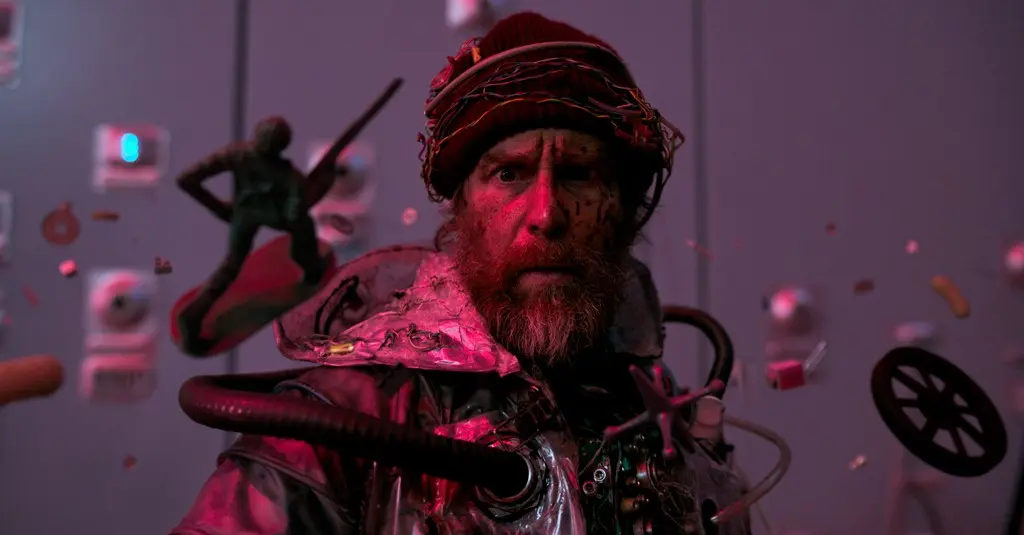PG-13 | 1h 34min | Documentary, Docudrama, Literature, Biography | Oct. 20, 2023
Arguably the most respected writer of fiction in the last 60 years, John le Carré’s forte was the spy novel. During that time, le Carré (pronounced lə-KARR-ay) penned over two dozen novels, most of which have been adapted into features and TV shows (some more than once). And while this new biographical documentary about him by filmmaker Errol Morris devotes sufficient time to these books, it is based mostly on le Carré’s second and final work of nonfiction.






